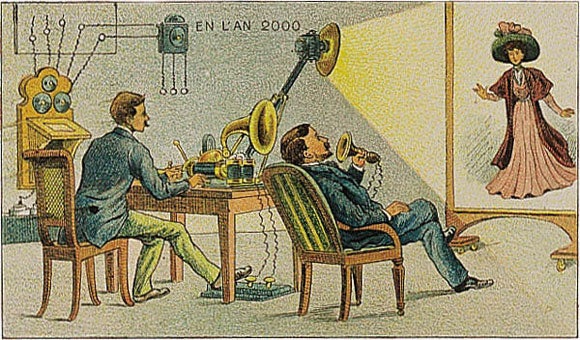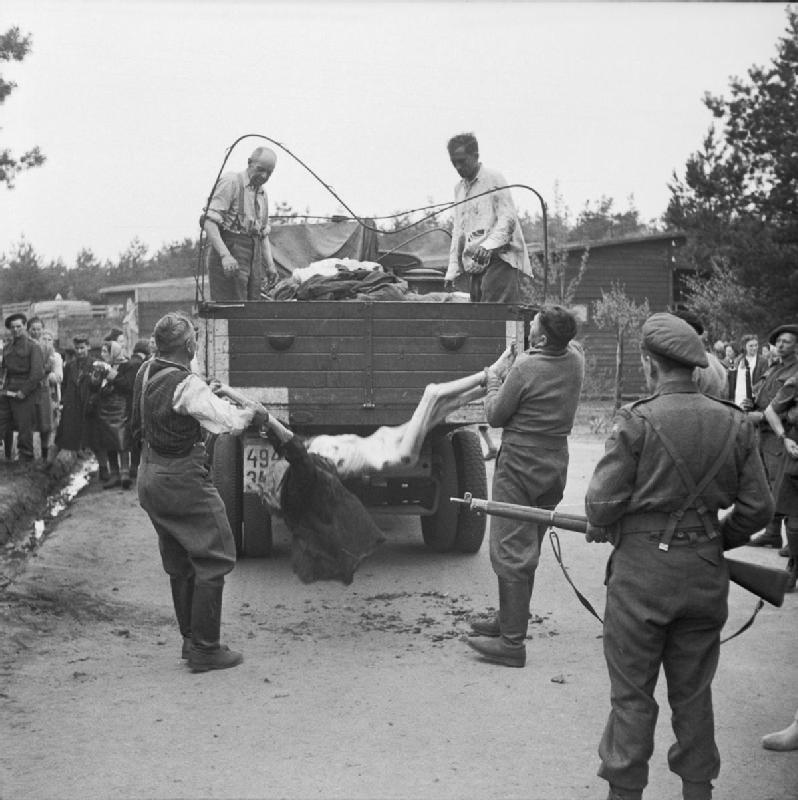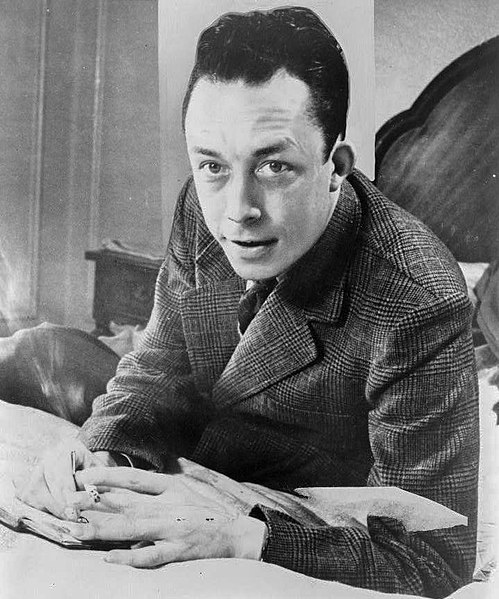Chapter
3 Where
Moral Emptiness Leads

World War I, young German soldier
(credit: Wikimedia Commons)
By
the early twentieth century, the impacts of the ideas of Darwin and Freud, and
of Science generally, had arrived. Social scientists and philosophers were left
scrambling to understand what new moral code, if any, was implied by this new
way of seeing the world. “What is Science telling us about what’s right?”
people asked. Answers on every side were contradictory and confusing. Then,
following too soon, in a bitter, perhaps inevitable irony, real-world events
broke out of control. In 1914, World War I arrived; it became the major test of
the moral systems of the vigorous, new Science-driven societies of the West.

World War I recruitment poster (credit: Wikimedia Commons)
When
World War I began, in the cities and towns of Europe and of all the other
countries attached to the main belligerents, banners flew, troops marched,
bands played, and crowds of men, women, and children all shouted for joy. A few
sober people raised objections for one set of reasons or another, but they were
drowned out in the din. In every nation involved, people fell easily into
viewing the human race as being made up of "us" and "them",
as people tend to do in wartime, and people easily began to say, even in
ordinary conversation, that the “decent armies and ideals of our way of life
are finally going to sweep aside the barbaric armies and ideals of our nation’s
enemies”.
Exhorted
in speeches by their leaders and by writers in the media to stand up for their
homelands, the men of Germany, Turkey, Austro-Hungary, Russia, France, Britain,
and Italy, along with all their allies, absorbed the jingoistic stories being
told in their theaters and newspapers. Men signed up to fight. Competing
“narratives” about Europe and its history had brought European nations into
head-on confrontation. "They" had their view of how the future should
go. "We" had a different one. Scientists said, "You're both
right.", or more often, "Don't look at us. We don’t get involved in
debates about moral rightness." The only way left to resolve the
dispute was to fight it out.

Anti-German
propaganda poster (credit: Wikimedia Commons)
My
country, Canada, was part of the British Empire in 1914, and Canadians were
just as eager as any of the loyal subjects in London, England. Young men leaped
out of the crowds lining the streets to march in step with the parades of
soldiers going by. Many of them were worried that by the time they got through
their training and over to Europe, the fighting would be done. Girls clustered
around men in uniform who came back to visit their workplaces or colleges or
even high schools before shipping out. Old ladies out shopping, by 1916, would
spit on any young man of military age who was not in uniform.
Long before the horrible
casualties began to mount, World War I was huge in the views of the historians
even from its very beginning because, for the first time in history, modern
scientific weapons and technologies were going to be used to kill men in
assembly-line style. The process was going to be made as efficient as the new
factories. Scientifically-tested technologies, arranged in efficient sequences,
supervised by experts, would be set up to kill human beings. (“To end the war”,
the leaders said.) Now we would see what Science could do.
We saw.
Consider just one telling
statistic: the British Army casualties on the first day of the Battle of the
Somme were 60,000 – 20,000 of whom were killed. Actually, in about five hours.
France, Russia, Germany, Austria, Italy, the U.S., and all other countries
involved eventually suffered similar losses, for four long years.
In the end, nine million
combatants were dead, with three times that many permanently scarred. And those
were just the combatants. How many civilians? No one really knows. Every
country on Earth was touched, or we should say wrenched, either directly or
indirectly. Over six hundred thousand Canadians (from a population of eight
million) enlisted in the armed forces, and out of the four hundred twenty
thousand who actually got into the fighting in Europe, over sixty-five thousand
died.
Commentators writing in
newspapers and magazines in the last months leading up to WWI had discussed in
total seriousness the very likely possibility that the new modern weapons would
be useless because men would simply refuse to use them on other men. Modern
torpedoes, flame throwers, machine guns, poison gas, airplanes – and the
horrors they’d cause! No. No one would really use them.

(credit:
Wikimedia Commons)
Other writers a few years
before, more hopeful about how Science would affect society, had even been
speaking of a coming Golden Age. Science wasn’t just showing us how to build
horrible weapons. It was also curing diseases, creating labour-saving machines,
improving agriculture, and even inventing new forms of entertainment. Progress
was steadily reaching into the lives of even the humblest citizens. Surely,
goodness and mercy would follow close behind.
The First World War
shattered the optimism of the Golden Age prophets, but it also shattered much
more deeply the confidence of the nations of the West, which had begun to
believe that they had found the answers to life’s riddles. Pre-WWI, people in
the West had come to believe that their wise men were in control: the ways of
the West, with Science to lead them, were taking over the world, and thus the
sufferings of the past would be gradually reduced until they became only dim
memories recorded in books.
There had been wars and
famines and depressions before, but the traditional ideas of God and of right and
wrong, based on the Bible, had retained the loyalties of people in the West
because: first, the damage had been minor compared to that caused by WWI;
second, the ways of the West had, for the most part, seemed to work; and third,
there hadn’t been a serious alternative set of beliefs to consider.
But now, with the rise of
Science, all was changing. As we gained physical power, our ideas about how to
handle all that power began to seem increasingly inadequate. Then, in the
horrors of WWI, the moral systems of the Western societies seemed not just to
fail but to unravel; people’s worst fears came true. The “guys at the top” were
fools. Science was a monster, and it was on the loose.
Science was providing new
communications technologies that were giving the xenophobic, tribalistic forces
and leaders in Western societies more power to mold people’s minds. It was also
arming these forces and leaders with ever bigger and more terrible weapons –
while the moral philosophers and social scientists dithered about what “right”
was and what we “should” be doing. The outcome had a feeling of inevitability
to it. An arms race became normal. Bigger warships, cannons. Weapons ever more
effective. Poison gas. Flame throwers. The odds of the war
starting kept rising. Sooner or later, it had to happen.
Standard
German soldier’s belt buckle (WWI (credit: Wikimedia Commons)
Descartes’ method, using
Christian morals to control scientific technologies, wasn’t working. Not only
were Christians doing unthinkable horrors, they were doing those horrors mostly
to one another. Worst of all, in every one of the warring nations, these acts
were being done expressly in the name of their God. Gott mit uns was
embossed on nearly every German soldier’s belt buckle. “Onward Christian Soldiers”
was sung at church services in nearly every English-speaking country in the
world.
In the meantime, by the
end of the fighting, the political, religious, and business leaders in every
sector of society appeared to be out of answers. Most of the victors continued
to spout the platitudes that had got their nations into the horror to begin with.
To thoughtful observers, Western moral systems looked bankrupt. Paralyzing
doubt began to haunt people in every level of society, from the rich and
powerful to the middle classes to the poor.
If the morals of the West
had led to this, people could not help but think, maybe Science was right about
the Bible. Maybe the moral beliefs that it recommended had all been a fraud.
Maybe there were no moral rules at all. Disputes must always be settled by
violence. Darwin’s model of the living world had portrayed “nature red in tooth
and claw.” It seemed to be the final word. Survival of the fittest: wolves kill
deer, spiders kill flies, big fish kill little fish. This seemed to be the only
credible model left. Mere anarchy was loosed upon the world.
For millions, the old
moral code was done. Obsolete. It didn't work. It had led the world to
"this". The only viable alternative people had to look to – Science –
flatly refused to say anything about what right and wrong were.
Before the scientific
revolution began to erode God out of the thinking of the citizens in the West,
even if people hadn’t been able to grasp why bad things sometimes happened in
the world or why bad people sometimes got ahead in spite of, and even because
of, the suffering they inflicted on others, people could still believe God had
reasons and the code of right and wrong still held. God was watching. Matters
would be sorted out in time. The liars, thieves, bullies, and killers would get
their just deserts in time. We just had to be patient and have faith. The
people, in large majority, believed the authorities’ official spiel.
But World War I was just
too big. With the scale of the destruction, the pathetic reasons given to
justify it, and the amorality of Science gnawing at their belief systems,
people began to suspect and fear that, just as Science had said, there was no
God, the Bible was a set of myths, their leaders were a bunch of deluded
incompetents, and the old moral system was a sham. And then, things got worse.

British
bulldozer burying bodies at Belsen (credit: Wikimedia Commons)

British soldiers forcing German concentration camp guards to load bodies
(credit:
Wikimedia Commons)
Following the First
World War, to exacerbate the moral confusion and despair, the man-made horrors
of the twentieth century began to mount. They are many and ugly. The Russian
Revolution and Civil War. Many other smaller wars. The worldwide Depression.
World War II, six times as destructive as World War I. Hitler’s camps. Stalin’s
camps. But we don’t need to describe any more. The point is that these were the
actions of a species that, by its science, had gained great physical power at
the same time as it lost its moral compass.
The big question,
“What’s right?” keeps echoing, and the big fears that go with it keep growing.
Where will the code that we need to guide our behavior in business,
international affairs, or even everyday life come from now?
Of course, there are
the cynics, the ones who say that they don’t know or care whether we ever find
a way to set up universal standards of right and wrong. They see the pursuit of
a universal moral code as a futile waste of time.
But
whether they focus on daily human lives or on History’s big trends, or their
focus is somewhere in between those limits, I tell these cynics, “If you really
thought that way, we wouldn’t be having this debate. You wouldn’t be here.”

Albert
Camus, French philosopher (1913–1960)
(credit:
Wikimedia Commons)
As
Albert Camus sees it, suicide is the sincerest of all acts.1 Its
only equal in sincerity is the living of a genuine life. A genuine person stays
on in this world by conscious choice, not by inertia. A genuine person has
created a vision of the world and how she/he can live with purpose and meaning
in it, and so is still here because she chooses to be, even when, especially
when, she knows the life she will live will be full of hardship. The sincere
have guts.
Insincere people may claim to be alienated from this world and the other people in it, but that simply can’t be the case if they are still alive and talking. These people are only partitioning up their minds, for the time being, into manageable compartments of cynicism. But the disillusionment they feel now – on any matter, personal to global – is going to seem minor compared with that which they will one day feel for themselves, one day when their mental partitions begin to give way. And it doesn’t have to be that way, as we shall see.
So,
to sum up our case so far, what have we shown?
First,
that Science has severely eroded the old beliefs in God and, thus, the old
moral codes. And it continues to do so.
Second,
that Science has refused, and continues to refuse, to take responsibility for
the gap it has made. It has insisted adamantly for decades that it has
nothing to tell us about which of our actions are right or wrong.
But,
thirdly, due to our ongoing need just to manage our lives and, more
importantly, the power Science has put into our hands, we must replace
the moral code we no longer believe in with one we do believe
in. Perhaps then we will have a chance to get past our present peril.
In
short, Science’s refusal to tell us anything about what our moral code ought to
say is not good enough. Period. We have to find a code of behavior that will
give us a way of life, one that makes “right” consistent with “real”.
If
we can work out a moral code that we truly believe in, because we see solid
reasons and objective, replicable evidence that show it is congruent with
reality, will it lead us on to belief in a Supreme Being? Or, in short, can a
case based in Science lead us to a new code of decency that then leads us on to
belief in God?
That
question I will set aside for now. Let’s aim first to find a moral code that’s
based in physical reality. A scientifically sound model of what “right” is.
As
promised, I will deal with the Supreme Being question in the last chapters of
this book. But for now, let us try to confront and quell “the worst” among us.
Notes
(Harmondsworth,
UK: Penguin Books, 1975), p. 11.
No comments:
Post a Comment
What are your thoughts now? Comment and I will reply. I promise.